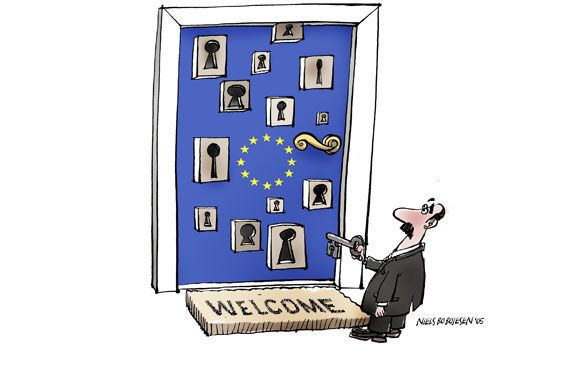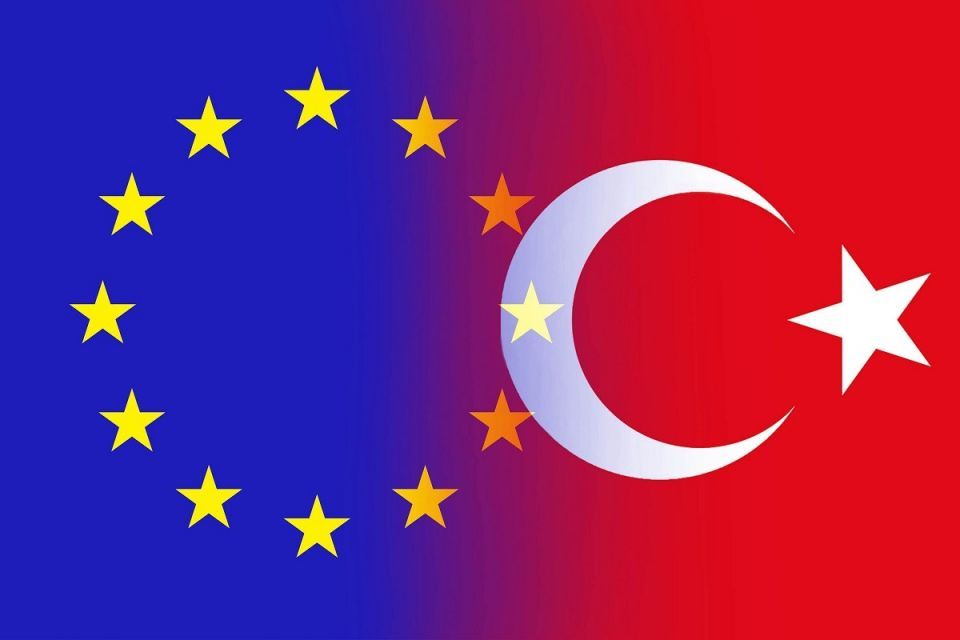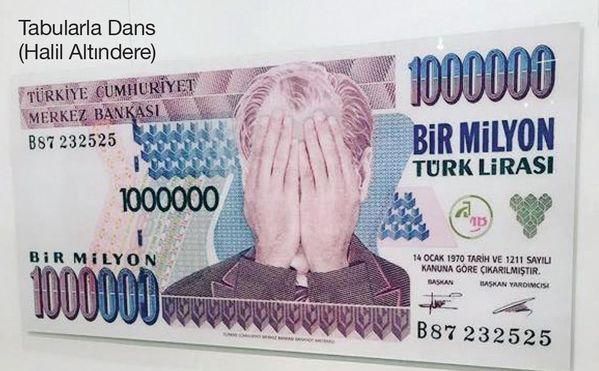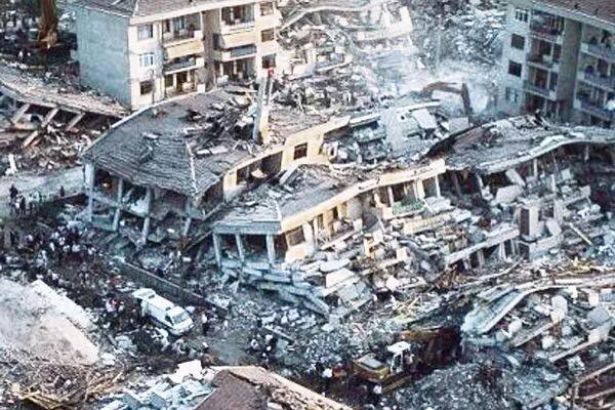Once we excavated the archives, we observed that STS formation in ITU (2000-2006) was influenced by multiple factors, some of which are listed below.
Integration of Turkey to EU
Turkey was officially recognized as a candidate for full membership on 12 December 1999, at the Helsinki summit of the European Council. The recognition of Turkey as a candidate for accession at the Helsinki European Council in December 1999 ushered a new era in the relations between Turkey and the EU. The EU Commission started to prepare an Accession Partnership for Turkey, which was declared on March 8th, 2001. After the approval of the Accession Partnership by the Council and the adoption of the Framework Regulation, the Turkish Government announced its own National Program for the Adoption of the EU acquis on March 19th, 2001.

As part of this process, 34 Articles of the Turkish Constitution have been amended and these constitutional amendments have covered a wide range of issues, such as improving human rights, strengthening the rule of law and “restructuring of democratic institutions”. There was a strong public support for this integration, as well as the democratization efforts that came with it.
“Science and Research” were among the first chapters of the negotiations between EU and Turkey. Hence, the STS program in ITU was formed as an extension of such efforts to restructure how science and research are conducted in the academic institutions in a more democratic way.
European Higher Education Area and Bologna Process
As a result of the accession process of Turkey to the European Union, Turkey adopted several measures in higher education, science and research. During the formation years of STS in ITU, Turkey became a member of the Bologna Process in 2001. The Bologna Process derives its name from the so-called Bologna Declaration, which was signed on 19 June 1999. It aimed at establishing the European Higher Education Area, which was envisaged as a reformist structure that allows students, graduates, and higher education staff to benefit from unhampered mobility and equitable access to higher quality education. The process was also a competitive asset of EU against the USA and Asia.

The formation of the program had a direct influence of The Bologna Process along with its cooperation and mobility with EASST universities. Although some visits were made to some STS programs in the US during the formation process, the program was developed by adopting close relations with European institutions and STS scholars and students from Europe. However, in the later years, resources for mobility and collaborative teaching could not be extended. It is also noteworthy that STS communities and institutions in Turkey still does not have any collaborative relations with Latin America, Africa, and Asia. The knowledge exchange has been mainly developed with European and American institutions.
Financial Crises in Turkey
The formation and evolution of the STS MA program in ITU (2000-2006) has been dramatically influenced by the financial crises in Turkey. The financial crisis in February 2001 occurred at the beginning of the second semester when the program required the mobility of students to ESST member universities which offered second-semester specialization program. A letter of application for ESST Travel Studentship was written by Prof. Yıldız Sey and Prof. Hacer Ansal to address the seriousness of the situation.
“Turkish Lira has suffered an enormous decrease in its value versus other foreign currency (the devaluation rate of Turkish Lira has now reached 140 % since February), salaries have been decreased by half, businesses have been shut down, unemployment has been significantly increased, even those who could keep their jobs have been forced to take unpaid leaves.”

In the first year (2000-2001), all of the students’ second semester education and living expenses were covered by a grant obtained from a Turkish Company (Garanti Bank). Additionally, one of the students was awarded the ESST Travel scholarship. For the second year (2001-2002), the program recruited 17 students from many different disciplines. However, due to the deep impact of the 2001 financial crisis in Turkey, the total amount of the scholarship grant, which was provided by Garanti Bank, was significantly reduced.
… [w]ith the increased number of students, the scholarship will be able to give to each student for the second semester is reduced to the level that the students will, unfortunately, have to face serious financial difficulties in their second-semester study. Moreover, for most of the students it is almost impossible to work during this first semester and accumulate some income for the second semester due to the above mentioned economic conditions in Turkey and the financial support that students can receive from their families for second semester expenses has also diminished as a result of the enormous devaluation of Turkish Lira.
1999 Earthquake
In the earthquake of 1999, more than 17,000 people were killed and an estimated 500,000 left homeless as thousands of buildings collapsed or were heavily damaged. The Marmara earthquake destroyed or severely damaged some 60,000 buildings and vital infrastructure in an area of some 30,000 km2, including eight urban agglomerations and the country's industrial and economic center, Istanbul.

The catastrophic earthquake of 17 August 1999 has influenced relations between the European Union and Turkey to a large extent. The Commission immediately released 4 million euros for emergency assistance and prepared a 30 million euro support package in order to help Turkey in the rehabilitation phase.
In addition, two of the elective courses in the second semester of the program entitled “Building and Maintaining Life in the Development Process”: A critical approach to transferred science & technology impact of biotechnology, environmental issues, disasters and housing in “newly industrializing country” environments, hosted other ESST University students who had a chance to focus on disasters and housing problems in a developing country. Lisbon and Marmara earthquakes were studied and analyzed as case studies.
Hacer Ansal Archive & sources cited in the text.
Ebru Yetişkin, "STS @ ITU (2000-2006): Conditions", contributed by Duygu Kasdogan, STS Infrastructures, Platform for Experimental Collaborative Ethnography, last modified 20 June 2022, accessed 2 April 2025. https://stsinfrastructures.org/content/sts-itu-2000-2006-conditions
Critical Commentary
This text was prepared as part of the PECE essay on STS @ ITU (2000-2006), prepared for the digital collection on An Archeology of STS in Turkey (2018), and responds to the question What external conditions have influenced this STS formation?